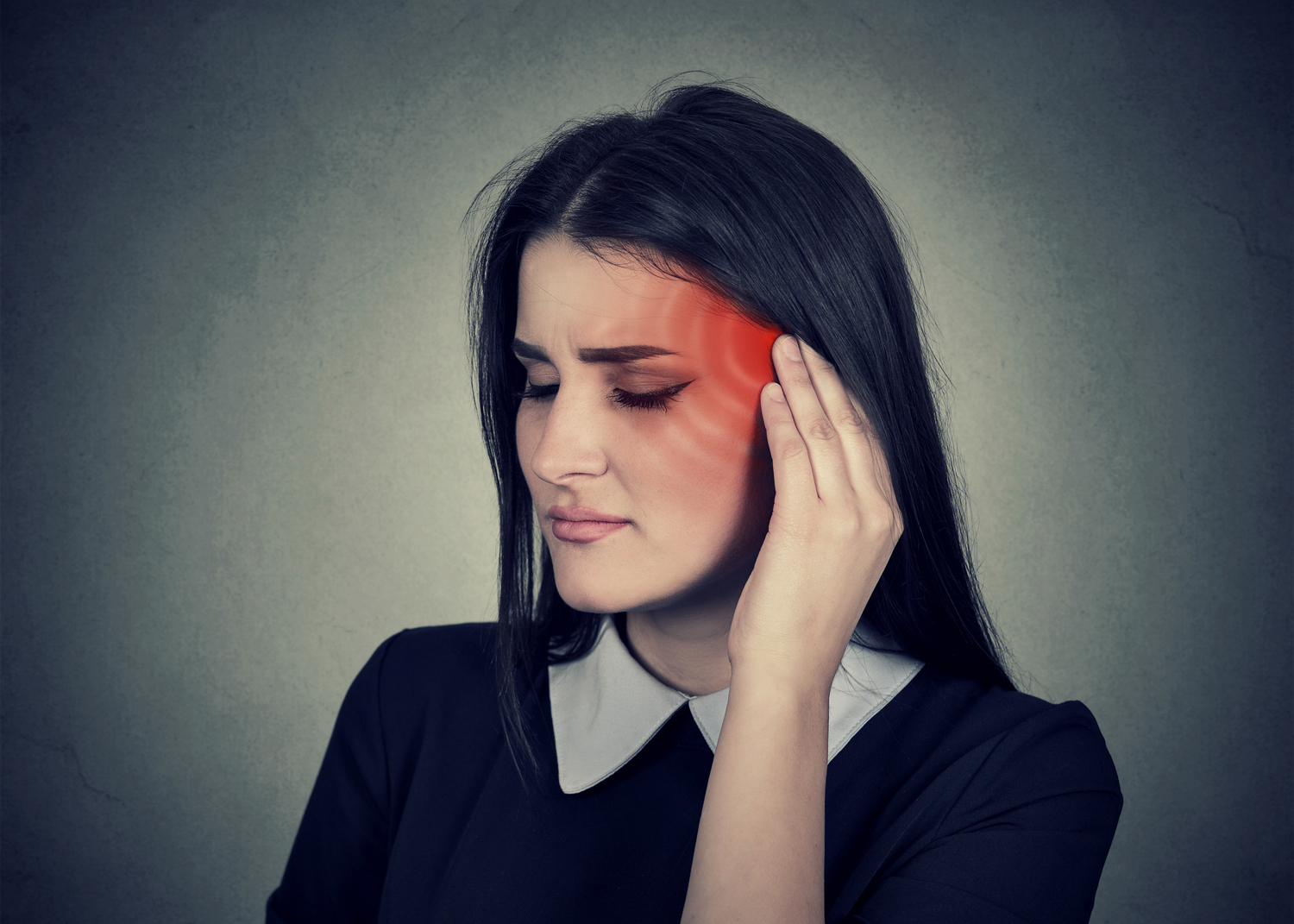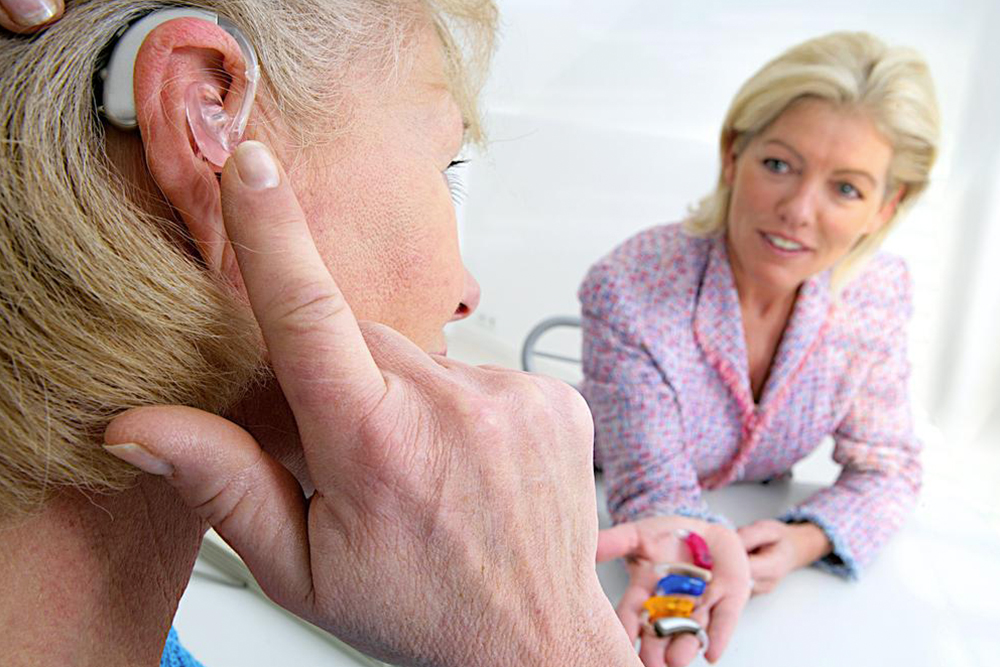Comprehensive Guide to Tinnitus: Causes, Symptoms, and Treatments
This guide provides an in-depth look at tinnitus, covering its causes, symptoms, and various management strategies. While there is no cure, understanding and addressing underlying factors help improve quality of life. Sound therapy, lifestyle changes, and therapy options are key in tinnitus relief.
Sponsored

Understanding Tinnitus: Causes, Symptoms, and Management
All About Tinnitus: Symptoms and Solutions
Many individuals experience a ringing sensation in their ears; however, sounds such as clicking, hissing, or whistling may also be heard. Tinnitus can be a temporary issue or persist as a chronic condition.
Approximately 50 million adults in the country are affected by tinnitus. It mainly occurs after age 50, but children and teens can also experience its effects.
Here's what you need to know about tinnitus, including its symptoms, causes, and possible treatments.
What is tinnitus?
Tinnitus is characterized by perceiving sounds internally without external sources.
It often indicates an underlying health issue rather than a standalone disease.
The noises are typically subjective, meaning only the affected person hears them.
The common sound experienced is a high-pitched, steady ringing.
In rare cases, about 1%, tinnitus may be objective, where others can hear the noises caused by physiological activities. This requires urgent medical attention.
Symptoms of tinnitus
The perception of internal sounds, which may be ongoing or sporadic
Sounds can vary from buzzing, clicking, hissing, to whistling or pulsing
The intensity may fluctuate, often more noticeable in quiet environments like at night
Some degree of hearing loss may accompany tinnitus
Possible causes of tinnitus
Age-related changes
Prolonged exposure to loud noises
Use of ototoxic medications
Cardiovascular issues
High blood pressure
Stress and anxiety
Head injuries
Jaw joint disorders
Trauma to the head
Cerumen blockage
Middle ear infections
Certain tumors
Management and treatment options
While there is no permanent cure for tinnitus now, various approaches focus on alleviating symptoms and improving quality of life. Treatment options include:
Addressing underlying causes – Discontinuing harmful medications, treating ear infections, or managing TMJ issues.
Sound therapy – Using external sounds like white noise, background music, or hearing aids to mask tinnitus. Hearing aids also amplify ambient sounds to divert attention.
Tinnitus retraining therapy (TRT) – Helping the brain accept tinnitus sounds as normal, reducing their disruptive impact.
Cognitive Behavioral Therapy (CBT) – Aims to reduce emotional distress and depression related to tinnitus.
Lifestyle modifications – Avoid loud environments, use ear protection, and maintain overall health through exercise, balanced diet, good sleep, stress management, and social activity to potentially reduce severity.






